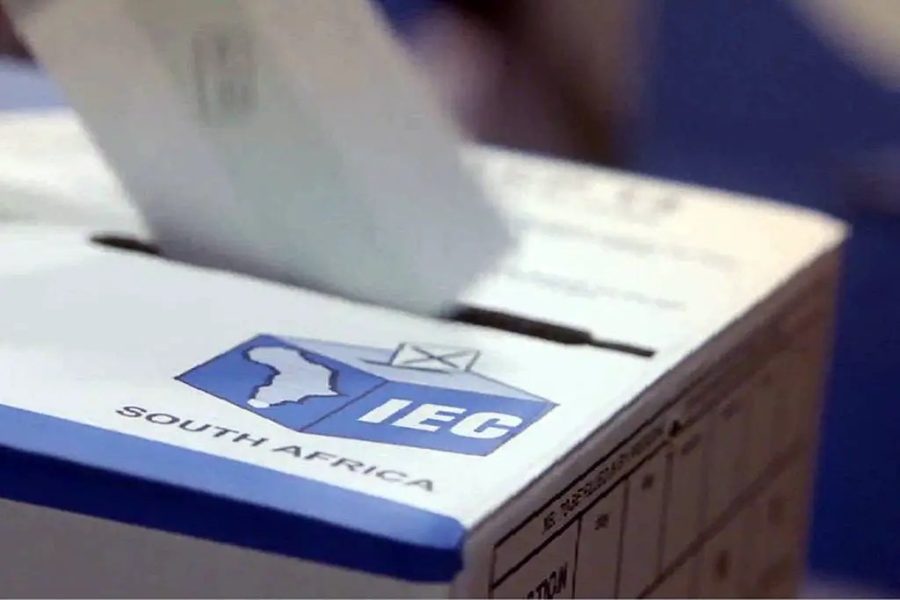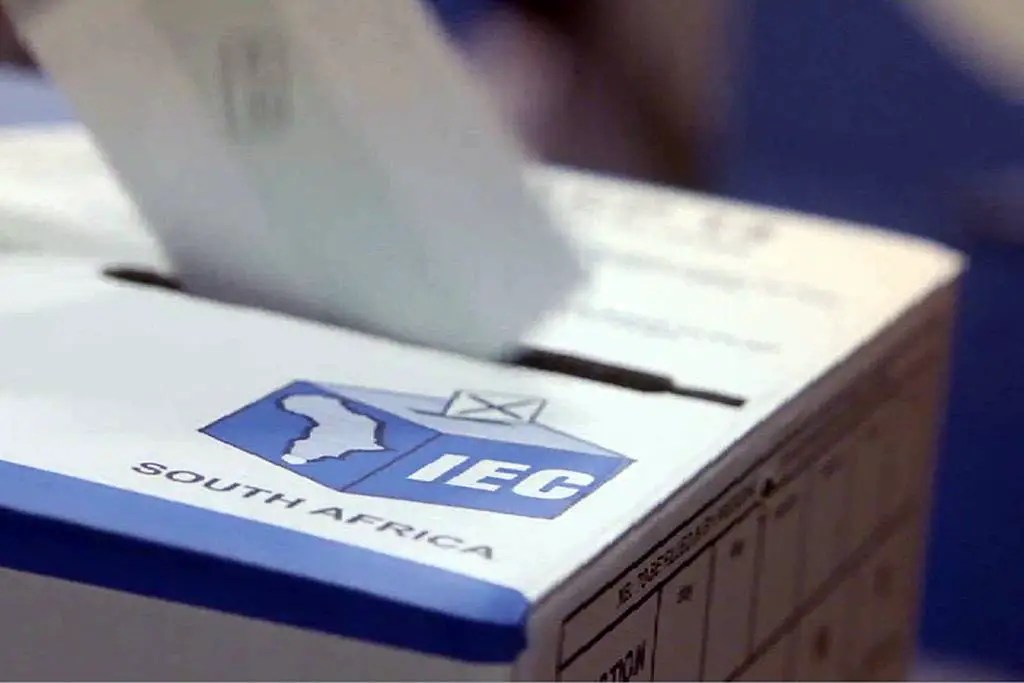
IEC says blind and visually impaired voters can use Universal Ballot Template
The UBT is not a Braille ballot paper. It can be used by blind and partially-sighted people, the elderly, people with motor and nervous conditions, and individuals with low literacy levels.

The Electoral Commission (IEC), together with the South African National Council for the Blind (SANCB), has developed a voting aid, the Universal Ballot Template (UBT) to assist persons with disabilities and special needs such as dyslexia, deafness, and visual impairments to vote.
The Commission says the BUT is a voting aid made of hard, black plastic into which a ballot paper is inserted. The template is not a Braille ballot paper. It can be used by blind and partially-sighted people, the elderly, people with motor and nervous conditions, and individuals with low literacy levels.
VOTER EDUCATION OFFICIALS AVAILABLE AT LOCAL AREAS: IEC
“When the ballot paper is inserted into the template, each window aligns to a particular candidate or party, and the voter is free to make his or her secret and independent vote,” says Kate Bapela, the spokesperson for the IEC, The Citizen reported.
She said the electoral Commission has officials in the local sphere of the organisation who conduct voter education and registration within communities.
Lerato Jiyane from Blind SA said that in 2019, Blind SA registered as an election observer. “Blind SA also offers training to blind and partially sighted people on how to use the UBT before elections,” Jiyane said.
HOW TO USE THE UBT TO CAST YOUR VOTE IN SECRET?
After receiving the ballot paper at the voting station, you must place the ballot paper in the UBT, and you must be able to mark your ballot in a manner that is private and consistent with your intended selection(s).
The voting official will explain which ballot is being used in the template and the order in which the names of the parties or candidates appear on the ballot.
“The official will read out loudly and accurately the parties or candidates on the ballot to ensure that the numerical sequence in which they appear is clearly understood,” the Commission said.
VOTERS WITH SPECIAL NEEDS CAN BE ASSISTED BY A COMPANION – SAYS IEC
It also said that voters with disabilities or special needs may ask for assistance from a companion to mark their ballot paper(s). To ensure confidentiality, the companion must be 18 years or older and can not be a party agent, candidate, or observer.
“If a voter has no companion, then the voting official or presiding officer may provide such help. If available, this should be done in the presence of two party agents from different parties and one accredited observer. Where such witnesses are unavailable, assistance can be rendered in their absence,” the IEC says.
ALSO READ: Can you drink Tshwane’s tap water?
